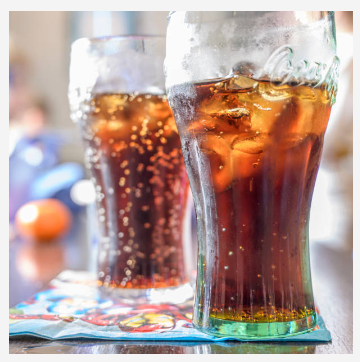
The Coca-Cola Company is making strides towards its sustainability goals by conducting a trial of new technology in Europe that can transform hard-to-recycle plastic into new bottles.
The company’s largest European bottler, Coca-Cola Europacific Partners, is providing funding to a startup in the Netherlands that specialises in producing food-grade recycled plastic from plastics typically destined for landfills or incineration.
These hard-to-recycle materials include films, trays, clothing, and coloured packaging.
This initiative aims to establish an additional source of recycled material, as the current supplies of recycled plastic are both expensive and limited. Consequently, companies often rely on more abundant and cheaper oil as a primary ingredient for packaging production.
CuRe’s breakthrough recycling process
As part of its sustainability efforts, Coca-Cola has set a target to increase the proportion of recycled materials in its packaging to 50% by 2030, with the company having achieved approximately 25% progress so far.
To meet this objective, the global beverage giant requires its bottlers to use more recycled materials.

US Tariffs are shifting - will you react or anticipate?
Don’t let policy changes catch you off guard. Stay proactive with real-time data and expert analysis.
By GlobalDataHowever, Coca-Cola Europacific Partners sustainability vice-president Joe Franses acknowledged the current lack of sufficient levels of recycled plastic, stating: “We simply do not have the necessary levels [of recycled plastic].”
The startup responsible for CuRe Technology has developed a process that cleanses and partially breaks down plastics, enabling their reassembly into recycled material.
The process, known as partial depolymerisation, removes colour from polyester, transforming it into clear polyethylene terephthalate (PET) pellets.
According to a study commissioned by CuRe, this method results in approximately 65% lower greenhouse gas emissions compared to the production of new plastic derived from oil.
Coca-Cola Europacific Partners invested in CuRe in 2020 and continued its investment this year.
Testing and expansion plans for CuRe’s recycled plastic
CuRe has been sending samples of its recycled plastic to Coca-Cola’s headquarters in Atlanta for testing. If the recycled plastic consistently meets quality standards, there is a possibility that it may be introduced into other markets.
Vermeulen stated: “We are currently focused on scaling CuRe’s technology in the right way for use in Europe as a first priority, before looking at how this could benefit other markets.”
By 2025, a plant is expected to be operational, capable of producing approximately 25,000 metric tons of recycled plastic annually.



